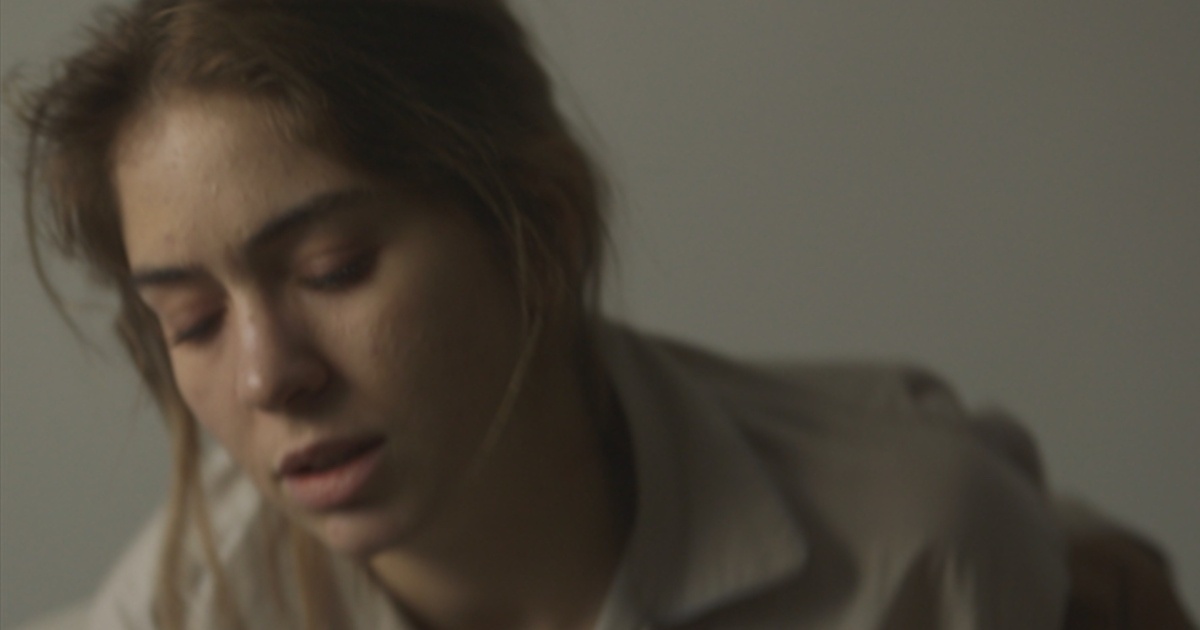
Few parts of this world have contributed as much to the filmic language as Romania. As singular a national voice and aesthetic as they come, Romanian cinema has become a launching pad not only for some of modern cinema’s most entrancing filmmakers, but also some of the most exciting explorations of a culture that few have much genuine knowledge of. Be it the typically chilly photography or the even more isolating sense of dread many of their dramas have, or even the dry nature of their comedies, Romanian cinema is in a golden age, and has spent the last decade leading world cinema. And now one of this country’s great smaller-scale film festivals marks a decade itself, as the 17th edition of Making Waves: New Romanian Cinema is set to get underway. Here are three films you absolutely can’t afford to miss.
First up in this trio of hightlights from Making Waves 2023 is one of the more fascinating documentaries yet seen this year. Entitled The Chalice. Of Sons and Daughters, directors Dana Bunescu and Catalina Tesar introduces viewers to a traditional Romanian community known as “Cortorari,” and particularly the marital rituals found within. The titular chalice is a literal one, a silver cup that’s used as a sort of bartering chip within a dowry transaction when two people marry in this community. However, it’s not entirely monetary.
See, the chalice is held by the bride’s father until the new couple conceive a son. For Peli and Nina and their daughter this has caused quite a bit of consternation within their community. Over the span of the film’s roughly 80 minute runtime, directors Bunescu and Tesar (the latter of who is PhD candidate herself studying the Cortorari community) embed viewers within this community with profound humanity and intimacy. This is a testament to the power of “fly on the wall” filmmaking, particularly when paired with a team behind the camera that’s approaching this community with an almost anthropological mentality. It’s not that the film is overly “heady” or “scholarly,” its that this community is met with clear humanity and empathy. A quietly powerful rumination on community and tradition.
On the other end of the spectrum is the harrowing Immaculate. Directed by Monica Stan, the film tells the story of Daria, a recovering addict who has entered rehab. Now the subject of much adoration from the largely male contingent found in the rehab facility, dynamics shift as previously positive interactions evolve into ones of increasing toxicity. Drawn from Stan’s own experiences, the film is a profoundly troubling piece of filmmaking, but also one of the more moving features found in this festival’s lineup.
Shot in claustrophobic, tight spaces, Immaculate is a suffocating work of startling urgency. With antiseptic photography that rightly matches the bleak shades of grey that the film’s narrative paints with, the film is a strikingly tactile bit of storytelling. The complaint of being “too bleak for it’s own good” is a real one, as this is a genuinely difficult picture to sit through, but while that may be true, so is the fact that these type of stories happen daily in our society, and what else is there to do than scream when things like this happen. Stan’s film was the Romanian submission for Best International Film at this year’s Oscars, and it’s a testament to the true power of Stan’s vision and the potency of her voice. Truly one of the most unforgettable films you may ever see.
Finally, let’s look at what is maybe the best titled film in this festival’s lineup. The Goat and Her Three Kids comes from director Victor Canache, and is set in 19th Century Romania where a widowed mother of three attempts to steer her family in a fight against something her family knows all too well. An adaptation of a classic Romanian folk tale, Canache’s film is a brutal, folk horror retelling of a classic bedtime story that’s truly unlike any horror film yet seen in 2023.
Turning what is ostensibly a childrens folk story into a brutalist revenge thriller is a novel idea, but without real talent behind and in front of the camera, it would all be for naught. Thankfully Canache’s direction is muscular and kinetic, embracing both the period setting and also the real terror of the original source material. Then there’s the acting, with Maia Morgenstern leading the way as the vengeful matriarch of the story. Her performance is absolutely electric, turning what could have been a simple, run of the mill folk horror picture into something real meat on its bones. It’s a performance that’s at once tender and yet seemingly made of steel in a way that’s incredibly compelling and engrossing. Maybe the surprise of the festival, despite it being an apparent box office smash overseas. Hopefully the success translates once this is more widely seen.


